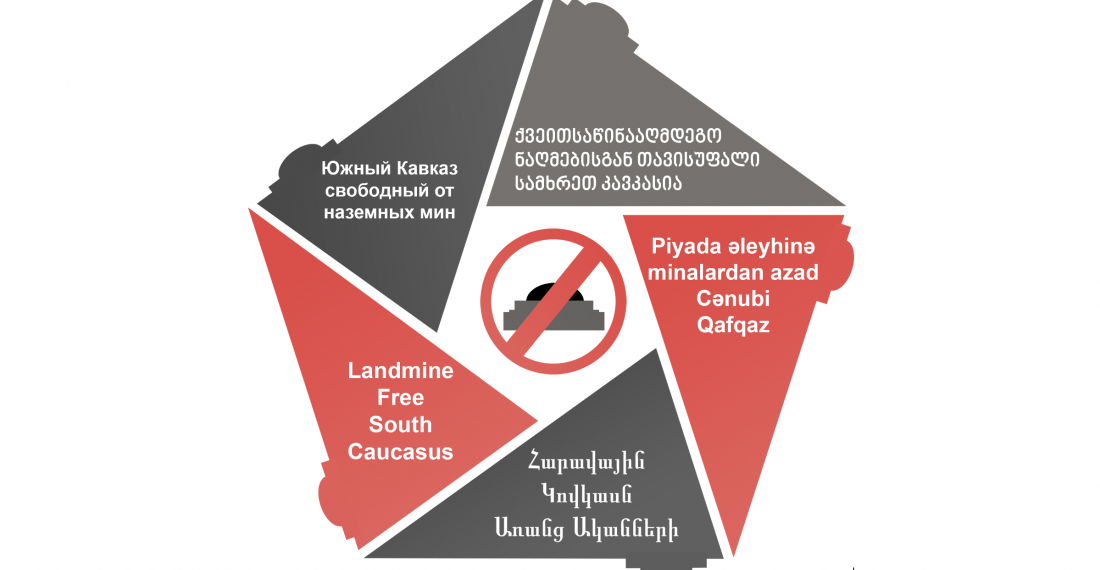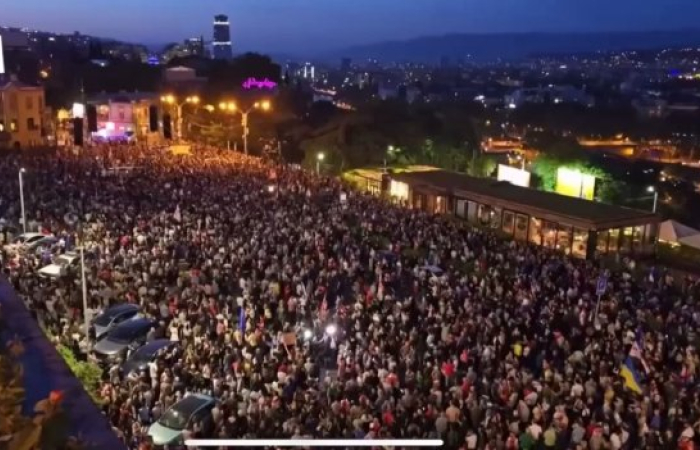Landmine Free South Caucasus
Message on the occasion of the International Day for Mine Awareness and Assistance in Mine Action
“Mine Action Cannot Wait”
4 April is marked each year as the International Day for Mine Awareness and Assistance in Mine Action by the United Nations and countries, organisations and communities across the world. This year, the theme is “Mine action cannot wait”. This is a particularly poignant theme in the South Caucasus where the problem of landmines is acute and the region is now identified as being amongst the ones with the highest contamination of landmines in the world.
The campaign Landmine Free South Caucasus joins the international community to mark this year’s International Day for Mine Awareness and Assistance in Mine Action. In particular, we raise our voice with that of the rest of the international community in saying that “Mine action cannot wait”.
Since 2018, the campaign Landmine Free South Caucasus has worked with partners in Armenia, Azerbaijan and Georgia to raise awareness on the issue of landmines across the region, to highlight the good work being done by deminers at considerable personal risk, and to focus on the impact of landmines on victims and their communities.
In 2022, for the first time, the campaign marked 30 November as a “day of Solidarity with the victims of landmines and their communities”. Victims of landmines shared their experiences in events and in media across the region, highlighting the heavy cost that landmines levy on their victims, who are mostly innocent civilians including children. The day of solidarity will be marked again in 2023.
South Caucasus without landmines and other explosive remnants of war by 2030
The campaign Landmine Free South Caucasus is working towards the objective of having the South Caucasus free from landmines and other explosive remnants of war by 2030, or soon after. In this regard, it calls on the governments of Armenia, Azerbaijan and Georgia, and on all concerned, to increase their efforts and to find ways of working together towards this objective. A regional approach towards resolving the landmine problem in the South Caucasus is necessary.
The enormity of the landmine problem in the South Caucasus means that the three countries require the support of the international community in order to achieve the objective of clearing the region from all remnants of war. We urge the international community to be generous, and to work in a collaborative way towards this objective.
Armenia, Azerbaijan and Georgia should take first steps towards joining the Ottawa Convention
The world already has an international framework that prohibits the production, storage and use of anti-personnel landmines – the Ottawa Convention. It is with regret that we note that out of the thirty three countries from a total UN membership of 193 who have not yet adhered to the convention, are Armenia, Azerbaijan and Georgia.
The time to act on this is now. We call on the governments of Armenia, Azerbaijan and Georgia to immediately initiate steps to join the Ottawa Convention as an expression of their strong willingness and determination to clean their countries and the region from landmines and other explosive remnants of war as soon as possible.
On 4 April – International Day for Mine Awareness and Assistance in Mine Action – the campaign, Landmine Free South Caucasus, calls on the people of the region to say thank you to deminers who constantly risk their lives to help protect others; to show solidarity with the victims of landmines and their communities; and to encourage all concerned to increase their efforts to achieve a Landmine Free South Caucasus.






